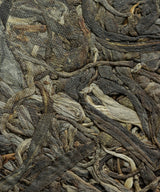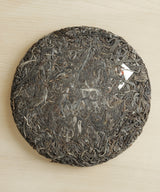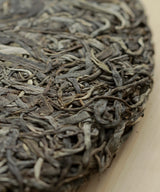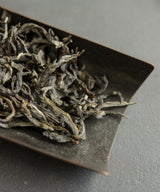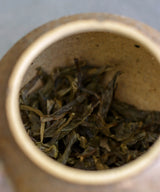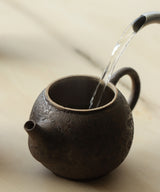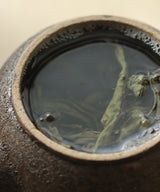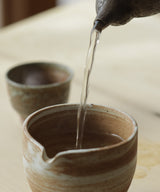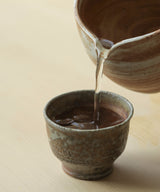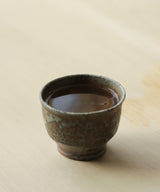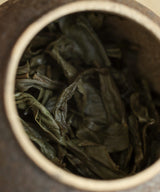Bulangshan 2018
布朗山生普洱2018
Harvest
Spring 2018
Origin
Menghai, Yunnan
Bulangshan is a vast and remote mountainous region approximately 2 hours from the city of Mehngai in the southernmost part of Yunnan, bordering Myanmar. As an enduring environment for ancient rainforests, rare species of plants, and the remaining few Asian elephants, it is where we may still appreciate the biodiversity of Yunnan.
Bulangshan translates as “Bulang Mountain,” Bulang being the name of the indigenous people who have inhabited Southern Yunnan for thousands of years. Bulang people are the earliest known people in the world to cultivate, craft, and drink tea! Thus, this incredible place we call Bulangshan, is also the oldest tea mountain in Yunnan. It is home to two of the oldest and most prestigious villages for pu'erh: Laobanzhang and Laomane, whose history spans 1400 years. The remoteness of this region, and the efforts of its indigenous people, has meant that many tea gardens with old arbor pu’erh tea trees were saved from being cut down.
This pu'erh raw is from tea maker Huang Rong, whose family has been inhabitants of a small village in the Bulangshan called Weidong for generations.
Weidong village is situated on the other side of the mountain from the famous Laobanzhang village. The people of Weidong originated from Laobanzhang, moving across the mountain approximately 180 year ago to form what became known as Weidong. The seeds of pu’erh tea trees planted in Weidong were brought over from Laobanzhang, and therefore the teas from these villages resemble one another, and speak to the shared origin of their people.
Huang Rong started a small pu’erh co-op with 6 other villagers in Weidong. The co-op’s objective is to demonstrate a commitment to natural, biodynamic farming and to preserve the land and ecosystem where they live for future generations. They do not use any pesticides, sprays or artificial fertilizers, and they do not over-harvest or exploit the pu’erh trees in response to demand: their trees are only harvested twice a year, in spring and in autumn.
The trees for this ripe pu erh are around 100 years old, and sit in a tea garden at 6000 ft elevation. They carry the wide-spanning time scale of their region with them, as the tea seems suited to ancient palates; mouths that have never known Doritos or confection. The earthiness of this tea – its tobacco and funk, or ferment – is very satisfying.
We would drink this tea to ease the change of seasons, particularly the transition from summer to fall, when we benefit from something fortifying, uncomplicated, and grounded.
. . .
Brewing guide
| Tea | 4 g |
| Temperature |
100°C |
| Water | 120 ml |
| Steep time | 10 - 60 sec |
| No. of infusions | 8 |

